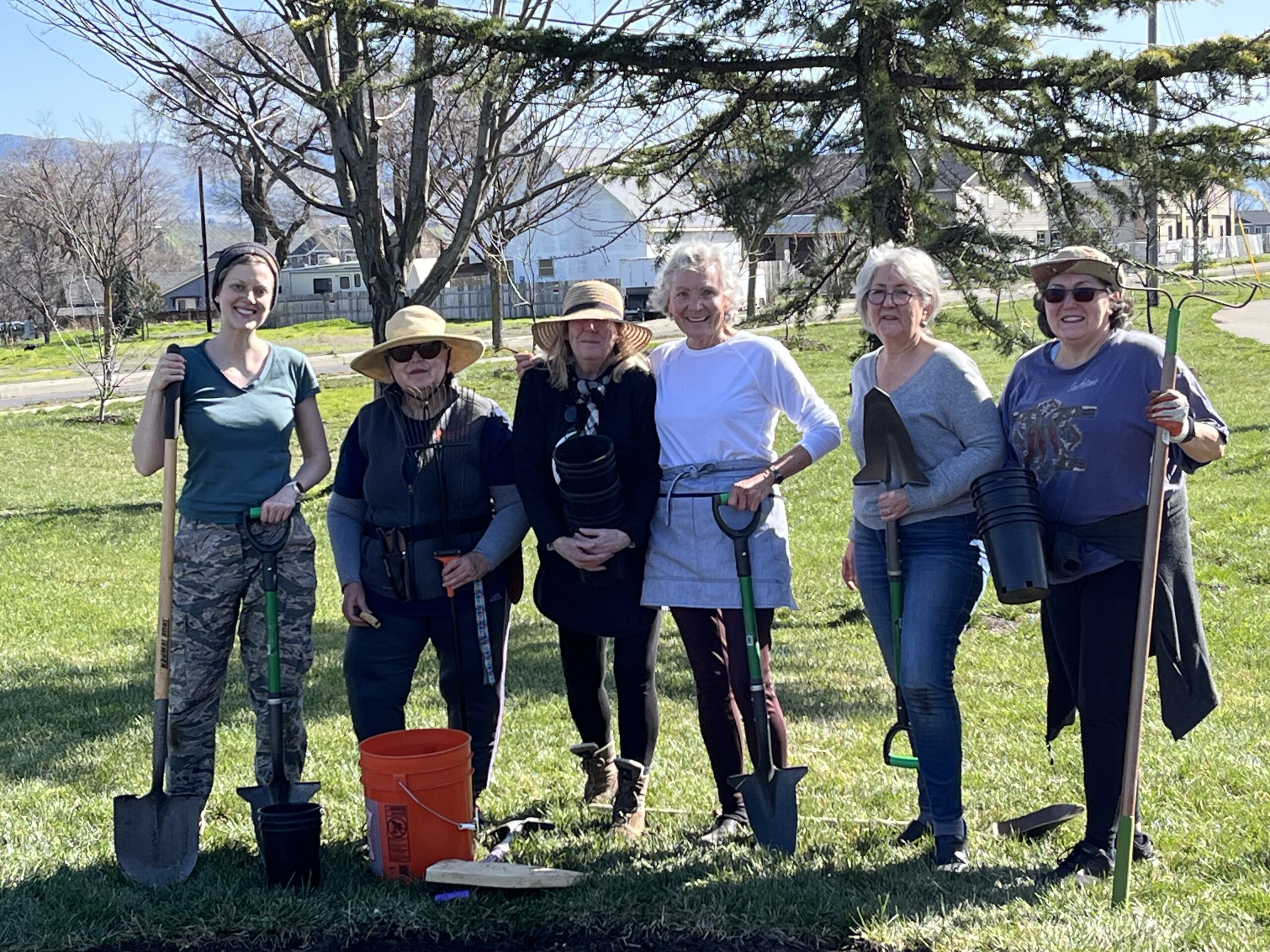Michele Blackburn
Conservation Biologist, The Xerces Society
The chances are that anyone reading this blog will know the importance of pollinators to our environment: They are essential to the reproduction of more than 85% of the world’s flowering plants, which in turn produce the fruits and seeds that feed songbirds and other wildlife. Despite the ecological importance of pollinators, many—including the monarch butterfly and bumble bees—are experiencing alarming population declines. The Xerces Society’s Monarch and Pollinator Habitat Kit project aims to address these declines by collaborating with local communities to create high-quality permanent habitats. In addition to habitat loss, this project will also address habitat connectivity, another key conservation concern, by creating stepping stones of habitat for pollinators. In Oregon, the project focuses on the Willamette Valley and Klamath Mountains Ecoregions.
This initiative seeks to engage and support a diverse range of Oregonians to participate in the program by providing “kits” made up of dozens of carefully selected native plants to optimize the potential for monarch populations and other native pollinators to thrive. This year, we have three types of kits available:
- Hedgerow
- Meadow
- Riparian
The habitat kit program also helps remove barriers to communities participating in conservation by providing both technical assistance and plant resources at no cost; participants provide the time, labor, and land to promote pollinators.

The pilot year of our Habitat Kit effort in Oregon in 2023 included engagement with dozens of partners representing diverse communities, including urban farmers, tribal members, veterans, community food initiatives, nature centers, wildlife refuges, educators, and youth, as well as a several Bee City affiliates! Bee City affiliates participating in the pilot program included Talent, Medford, and Phoenix. Both the Talent and Phoenix communities were profoundly impacted by the Alameda Fire in 2020, and their residents are coming together through Bee City and other avenues to thoughtfully restore public spaces, including for pollinator habitat. The Xerces Society is honored to support such important initiatives that bring together communities to restore public spaces for the benefit of wildlife and people. We encourage and hope to see more Bee Cities, as well as Bee Campuses, within the focal regions participate in the program to inspire additional Oregon communities to promote pollinators!
We are excited to announce the proposal period to participate in the 2024 program is open now until April 12. Oregon Habitat Kits are designed to be used on a variety of public and community spaces, as well as working lands, where the benefits of plantings extend to agricultural production and/or community outreach. Qualifying projects include privately owned farms, ranches, forests, and urban farms, as well as community gardens, city parks, school gardens, and other public areas and community spaces within the Willamette Valley and Klamath Mountains Ecoregions. We encourage projects that will benefit historically underserved or underrepresented communities.
For more information and to submit a proposal, please visit the Xerces Society’s website. Any questions can be directed to [email protected]. Not in Oregon? Check out our other habitat kits.






